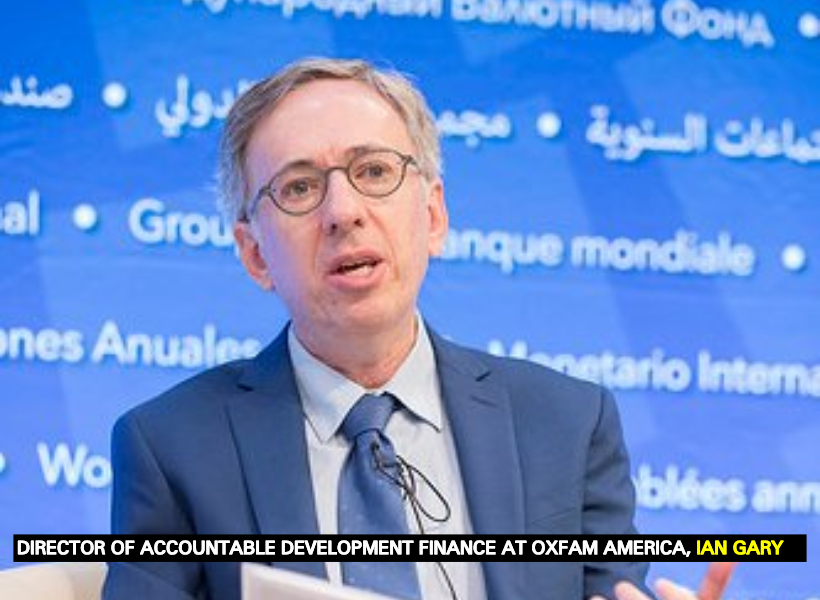There are two crucial transparency mechanisms which are absent from Guyana’s draft Petroleum Commission Bill.
According to Director of Power and Money at Oxfam America, Ian Gary, the draft law says nothing about the need for a register of agreements or the disclosure of beneficial ownership. (See link for draft bill: https://www.nre.gov.gy/wp-content/uploads/2017/04/PETROLEUM-COMMISSION-BILL.pdf)
In an interview with the Guyana Standard, Gary said that the bill acknowledges the importance of transparency as a key to good governance, providing that petroleum resources shall be conducted in accordance with principles of transparency.
He noted, however, “The bill fails to provide for a public register of petroleum agreements. Without this provision, citizens have no legal document to provide assurance that the full contracts, as well as their amendments and annexes, will be made public. You cannot leave it to the discretion of a government. They come and go.”
The Oxfam Director stressed that contract transparency is an important component of overall transparency in the sector. He acknowledged that while Guyana has already published several agreements, he would “strongly encourage” Guyanese legislators to build on this positive development by requiring in law, the publication of the full text of contracts, along with their amendments and annexes.
As for the disclosure of beneficial ownership, the Oxfam Director noted that this is a key anti-corruption tool which allows all stakeholders to understand who the real beneficiaries of petroleum agreements are.
“Increasingly, countries and international organizations are recognizing the importance of disclosure of beneficial ownership to combat corruption in the extractive sector. Disclosure of beneficial ownership is encouraged by the Extractive Industries Transparency Initiative (EITI), as such; we strongly recommend that Guyana’s bill require public disclosure of beneficial ownership of all license holders.”
Gary said that Guyana has the advantage of learning from the mistakes of others to lay a solid foundation at a crucial stage of development of its petroleum sector.













